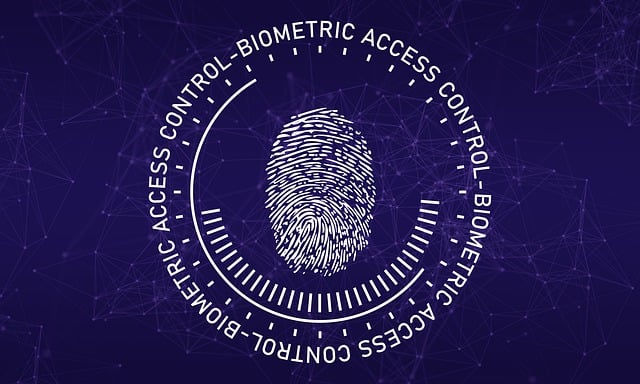Oregon residents have extensive access to legal support through a combination of pro bono attorney services from private firms and government-funded legal aid programs, such as Legal Aid Services of Oregon (LASO). Online resources like Oregon Law Help and 24/7 hotlines provide free guidance, while non-profit organizations offer tailored legal assistance across various areas, ensuring equal justice for all income levels. Navigating these networks is crucial for connecting with legal support access tailored to individual needs.
In Oregon, understanding your rights and navigating the legal system can be challenging. This article explores the diverse range of legal support resources available to residents, ensuring accessibility to justice. From government-led initiatives to non-profit organizations, we provide an overview of how Oregonians can access free or low-cost legal assistance. By delving into these options, individuals can effectively navigate legal procedures and explore their rights, fostering a more informed and supported community.
- Understanding Legal Support Access in Oregon: A Overview of Resources Available
- Navigating Government Websites and Hotlines for Legal Assistance
- Connecting with Non-Profit Organizations and Community Legal Services
Understanding Legal Support Access in Oregon: A Overview of Resources Available

In Oregon, understanding legal support access is crucial for residents seeking assistance with various legal matters. The state offers a comprehensive array of resources designed to ensure equal access to justice, catering to diverse populations and legal needs. From pro bono services provided by private attorneys to government-funded legal aid programs, Oregonians have multiple options when it comes to obtaining legal support.
These resources are particularly vital for low-income individuals and families who may not otherwise afford legal representation. Organizations such as Legal Aid Services of Oregon (LASO) play a significant role in providing free or low-cost legal assistance on civil matters, including family law, housing, consumer issues, and more. Additionally, the Oregon State Bar’s pro bono programs match qualified attorneys with clients in need, fostering community engagement and access to justice throughout the state.
Navigating Government Websites and Hotlines for Legal Assistance

Navigating government websites is a powerful way to access legal support. Oregon offers a wealth of online resources, making it easier than ever to find the information and assistance you need. Websites like the Oregon Law Help website provide free, reliable guidance on various legal matters, from family law to housing issues. These platforms often have interactive tools that help users connect with the right services quickly.
Hotlines are another valuable asset for those seeking legal support access. Organizations like Legal Aid Services of Oregon offer 24/7 helplines staffed by trained professionals who can provide initial consultations and direct callers to appropriate resources. These hotlines break down barriers by offering multilingual options and ensuring that everyone, regardless of income or background, has a chance to explore their legal rights and find the help they need.
Connecting with Non-Profit Organizations and Community Legal Services

Connecting with non-profit organizations and community legal services is a vital step in accessing legal support for Oregon residents. These groups often offer free or low-cost legal assistance, focusing on providing aid to those who cannot afford private legal representation. They cover a wide range of issues, from family law and housing to consumer rights and immigration.
Oregon’s robust network of non-profits and community legal services ensures that legal support is accessible to all, regardless of income or background. These organizations often collaborate with local bar associations and government agencies to offer specialized services tailored to the unique needs of the community. By leveraging these resources, residents can navigate complex legal issues with confidence, knowing they have a dedicated support system in place.














